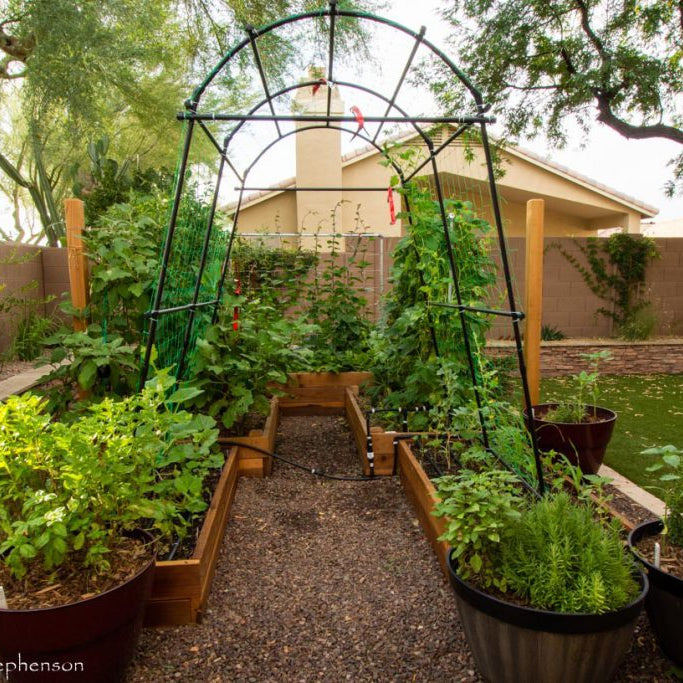

9 Reasons Why Your Seeds Didn't Germinate - and What You Can Do About It
Gardeners, both seasoned and novice, face a common issue when it comes to sprouting seeds. A gardener's nightmare is waiting for seeds to germinate in vain. Failure to germinate seeds wastes time and energy, allowing your garden to fall behind schedule.
When you disperse your new seeds with zeal only to discover that germination rates are low, it's a huge letdown.
Not all seeds are supposed to be equal; for optimal growth, the majority of them require a variety of conditions. Seed germination may appear intimidating to a newbie, but it is nothing to be concerned about.
Seeds can sprout with a little patience and diligent attention. Here is a list of factors that affect seed germination, and by paying attention to these minor details, the problem can be avoided.
1.Your Seed Quality Was Not Good
What store did you buy your seeds from? When purchasing seeds, it is critical that you get what you pay for. Purchase seeds from a reputable seed bank, grower, or vendor with a reputation for high-quality genetics.
People frequently purchase the lowest seeds available, but this is a mistake. If you invest in the best, your germination rates will skyrocket.
Also, keep an eye out for the expiration date, as expired seeds may not germinate.
Seed dormancy occurs when seeds do not germinate despite excellent growing conditions. Some seeds of spring-blooming plants, for example, are auto-tuned to germinate only after the winter chill has passed.
Seeds come out of dormancy when the dormancy components in them are broken in physical or chemical form.
A thick seed coat on seeds often indicates physical dormancy. Because of this, pre-soaking or scraping the surface of some seed types is recommended. Many seeds have chemical dormancy, which prevents them from germinating.
Refrigerating these seeds for a certain length of time allows them to acquire the oxygen and energy they need to grow.
3. Your Seeds Were Stored Incorrectly

Another reason your seeds aren't growing is that they aren't viable anymore. Seeds, unfortunately, can lose their viability if not properly preserved. This could be the case if your seeds were stored in an area where the temperatures were too high. In transport to your home, they may have been exposed to extreme temperatures or other environmental risks.
4. You've Planted The Seeds Too Soon Or Too Late
Seeds that are planted outside too soon will not germinate due to the cold. If you wait too long to plant seeds, they may sprout in hot conditions and die of stress before breaking the surface. If you plant seeds too early in the spring, the roots may grow but die off quickly when it gets chilly.
The shoot may never emerge from the dirt, but the root system has already begun to grow. It's also possible that the temperature makes the soil too hot for the seed to sprout, or that the seed flourishes and then dies off.
The solution is to plant seeds when your area is free of overnight frosts or when the season is appropriate for the plant you're growing.
5. Seed Spread And Placing Was Not Correct
It's critical to make sure your seeds are planted at the correct depth. Wide and large seeds should be placed deeper, and smaller seeds should be planted towards the surface so that they can germinate with the help of light.
Overcrowding can result in a variety of nutritional issues. Make sure that there aren't too many plants fighting for the same limited resources by grouping them together in a small space, as many will inevitably lose.
If you have a container garden, the soil in the pots might become overly compact, preventing the seeds from forming healthy roots and sprouting.
6.They Were Attacked By Pests And Diseases
The garden is home to plenty of illnesses, insects, and pests that may wreak havoc on seed germination and stunt growth. If you've started your seeds outdoors or sowed them directly, they're likely to become a feast for birds, mice, and a variety of other creatures.
Similarly, in the first few weeks after planting, your indoor garden is fragile. Aphids, nematodes, snails, wire worm, beetle worm, leaf hoppers, and other common pests can attack your seedlings and plants.
In general, the goal will be to provide enough water to keep the seeds moist. You don't want to soak them, though. One of the most common reasons of poor, spotty, or non-existent germination is overwatering.
Overwatering can result in waterlogging and compaction, which relates into the next topic. An too humid climate can also increase the likelihood of damping off issues.
If your seedlings germinated unevenly and then wilted and perished soon after, you may be suffering an issue known as 'damping off.' Seedlings will be unable to emerge due to pre-emergence damping off.
Seedlings will collapse some time after germination due to post-emergence damping off. Several distinct soil-borne fungi and fungus-like organisms induce damping off. Pythium, Phytophthora, Rhizoctonia, and Fusarium are among them.
Before you use your trays, pots, and containers, make sure they're all clean. Also, if damping off has been an issue, such containers should not be reused. Maintain proper hygiene and dispose of contaminated materials safely away from your garden's growing regions and compost heap.
9.You Did Not Give Them Enough Love And Care
They're seeds, so how much attention do you think they'll need?
Seeds, believe it or not, require care. Plant seeds differ from species to species, especially in terms of how they should be cared for.
Seeds from grain crops and tomatoes, for example, must be maintained at room temperature, whereas seeds from other plants must be kept in cooler conditions.
Ensure that your seeds are stored in a way that will keep them fresh for as long as possible. Keep your seeds away from damp areas and don't allow them to overheat and dry out to avoid rot.
While every day is a new day in the garden, using the methods outlined in this blog can simplify seed germination and growth. They will not only give your crop a head start, but will also save you time and money in the garden. Best wishes for a wonderful and healthy gardening season!
Related Products
-
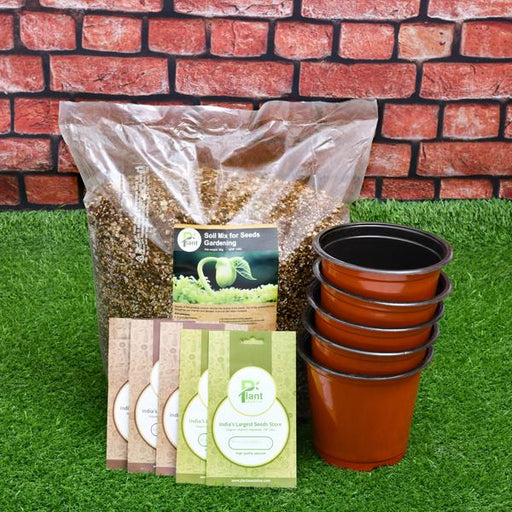
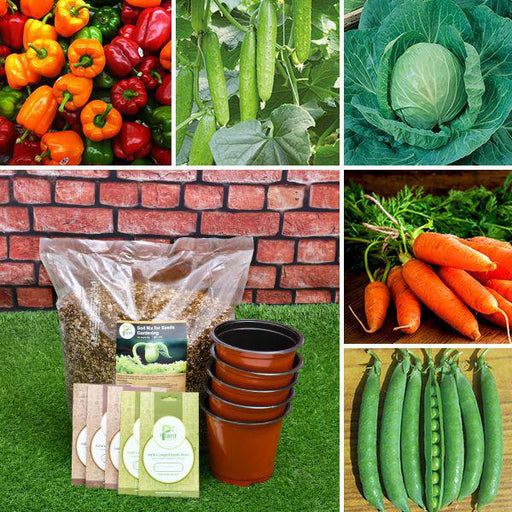 Save 20%
Original price ₹ 1,004Original price ₹ 1,004Original price ₹ 1,004Current price ₹ 799₹ 799Current price ₹ 799
Save 20%
Original price ₹ 1,004Original price ₹ 1,004Original price ₹ 1,004Current price ₹ 799₹ 799Current price ₹ 7995 Fresh Vegetable Seeds for Salad Recipe - Kitchen Garden Pack
5 Fresh Vegetable Seeds for Salad Recipe - Kitchen Garden Pack Elevate your culinary experience with our '5 Fresh Vegetable Seeds for Sala...
View full detailsOriginal price ₹ 1,004Original price ₹ 1,004Original price ₹ 1,004Current price ₹ 799₹ 799Current price ₹ 799Save 20% -
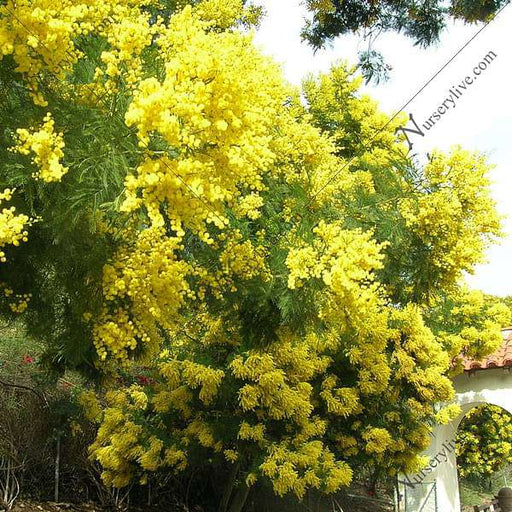 Save 15%
Original price ₹ 1,799Original price ₹ 1,799Original price ₹ 1,799Current price ₹ 1,529₹ 1,529Current price ₹ 1,529
Save 15%
Original price ₹ 1,799Original price ₹ 1,799Original price ₹ 1,799Current price ₹ 1,529₹ 1,529Current price ₹ 1,529Acacia Decurrens, Black Wattle - 0.5 kg Seeds
Acacia Decurrens, Black Wattle - 0.5 kg Seeds Discover the beauty and resilience of Acacia Decurrens, commonly known as Black Wattle. This...
View full detailsOriginal price ₹ 1,799Original price ₹ 1,799Original price ₹ 1,799Current price ₹ 1,529₹ 1,529Current price ₹ 1,529Save 15% -
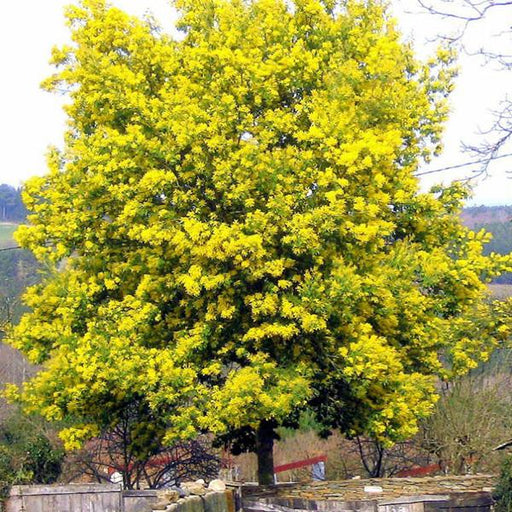
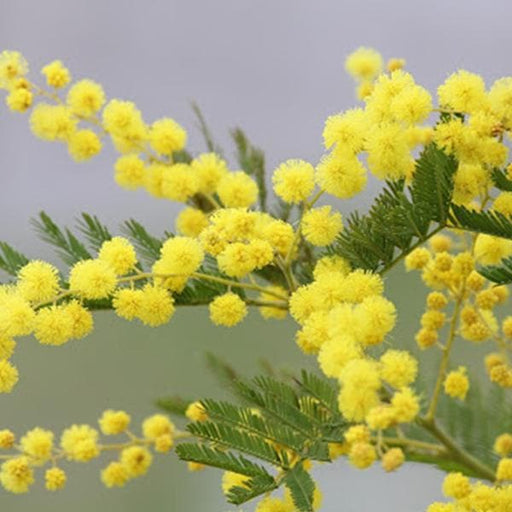 Save 13%
Original price ₹ 2,554Original price ₹ 2,554Original price ₹ 2,554Current price ₹ 2,229₹ 2,229Current price ₹ 2,229
Save 13%
Original price ₹ 2,554Original price ₹ 2,554Original price ₹ 2,554Current price ₹ 2,229₹ 2,229Current price ₹ 2,229Acacia Dealbata, Silver Wattle - 0.5 kg Seeds
Acacia Dealbata, Silver Wattle - 0.5 kg Seeds Discover the beauty of Acacia Dealbata, commonly known as Silver Wattle, with our premium 0....
View full detailsOriginal price ₹ 2,554Original price ₹ 2,554Original price ₹ 2,554Current price ₹ 2,229₹ 2,229Current price ₹ 2,229Save 13% -
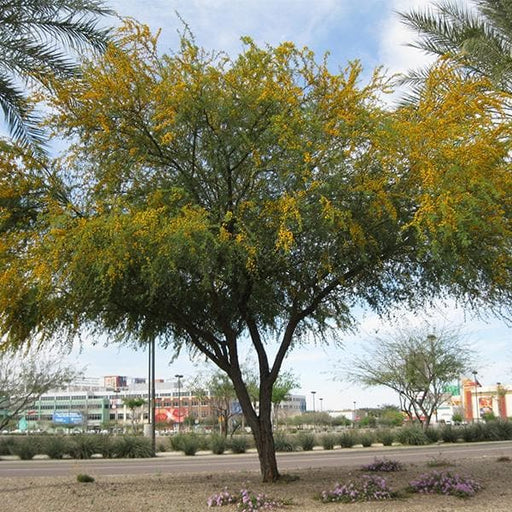
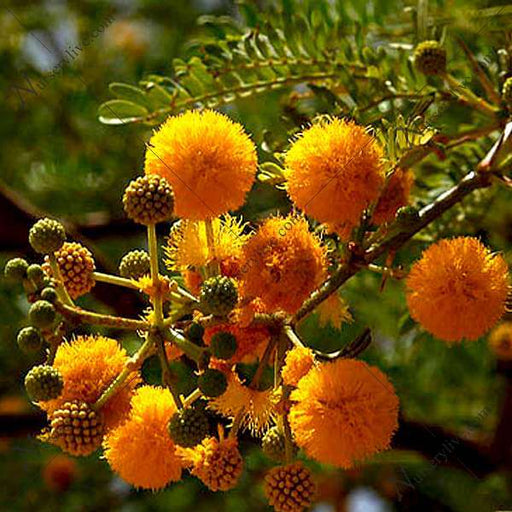 Save 15%
Original price ₹ 1,012Original price ₹ 1,012Original price ₹ 1,012Current price ₹ 860₹ 860Current price ₹ 860
Save 15%
Original price ₹ 1,012Original price ₹ 1,012Original price ₹ 1,012Current price ₹ 860₹ 860Current price ₹ 860Acacia Farnesiana, Sweet Acacia - 0.5 kg Seeds
Acacia Farnesiana, Sweet Acacia - 0.5 kg Seeds Discover the beauty and versatility of Acacia Farnesiana, commonly known as Sweet Acacia. T...
View full detailsOriginal price ₹ 1,012Original price ₹ 1,012Original price ₹ 1,012Current price ₹ 860₹ 860Current price ₹ 860Save 15%
You may like this Collection
-
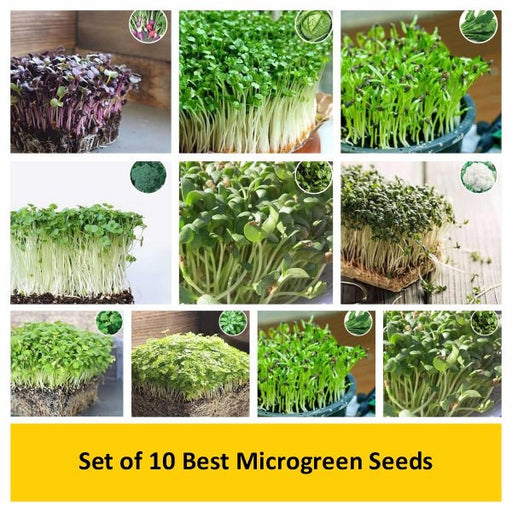
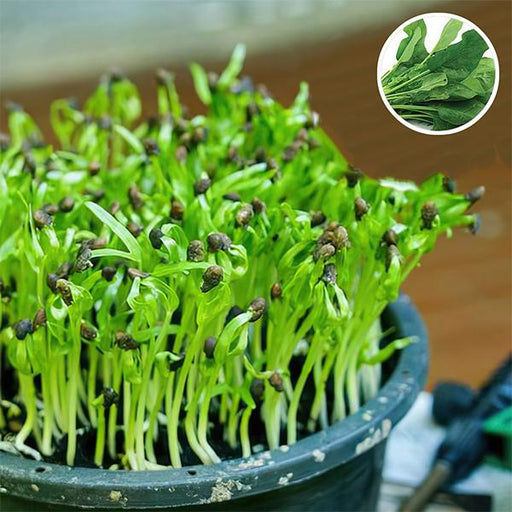 Sold out
Original price ₹ 1,658Original price ₹ 1,658Original price ₹ 1,658Current price ₹ 399₹ 399Current price ₹ 399
Sold out
Original price ₹ 1,658Original price ₹ 1,658Original price ₹ 1,658Current price ₹ 399₹ 399Current price ₹ 399Set of 10 Best Microgreen Seeds
Set of 10 Best Microgreen Seeds Elevate your gardening experience with our Set of 10 Best Microgreen Seeds, featuring a diverse selection ...
View full detailsOriginal price ₹ 1,658Original price ₹ 1,658Original price ₹ 1,658Current price ₹ 399₹ 399Current price ₹ 399Sold out -
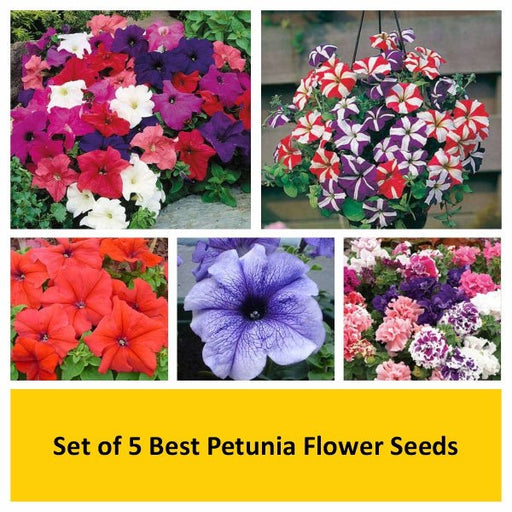
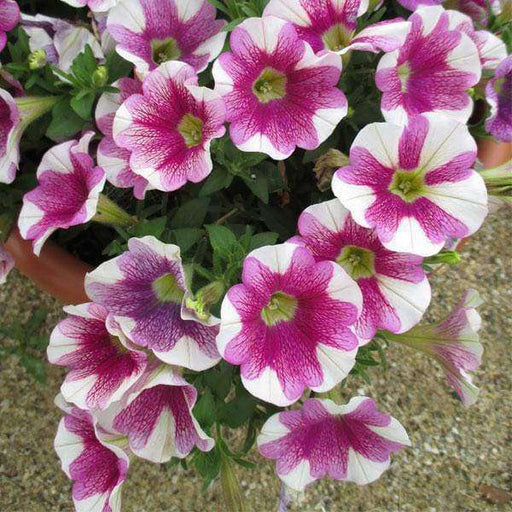 Save 52%
Original price ₹ 725Original price ₹ 725Original price ₹ 725Current price ₹ 349₹ 349Current price ₹ 349
Save 52%
Original price ₹ 725Original price ₹ 725Original price ₹ 725Current price ₹ 349₹ 349Current price ₹ 349Set of 5 Best Petunia Flower Seeds
Set of 5 Best Petunia Flower Seeds Transform your garden into a vibrant paradise with our Set of 5 Best Petunia Flower Seeds. This careful...
View full detailsOriginal price ₹ 725Original price ₹ 725Original price ₹ 725Current price ₹ 349₹ 349Current price ₹ 349Save 52% -
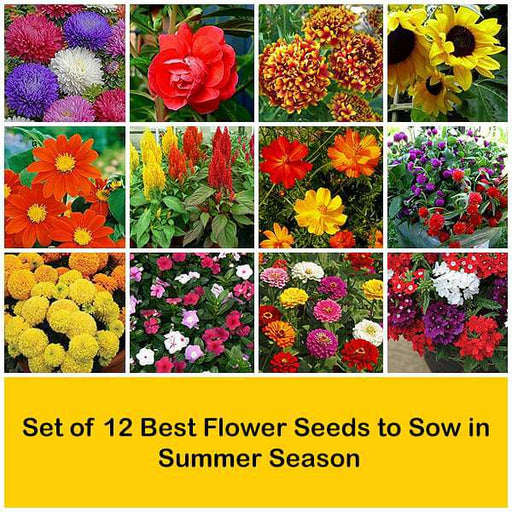
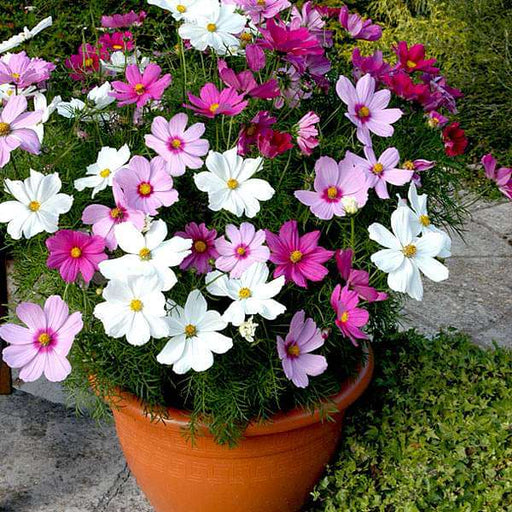 Sold out
Original price ₹ 1,650Original price ₹ 1,650Original price ₹ 1,650Current price ₹ 699₹ 699Current price ₹ 699
Sold out
Original price ₹ 1,650Original price ₹ 1,650Original price ₹ 1,650Current price ₹ 699₹ 699Current price ₹ 699Set of 12 Best Flower Seeds to Sow in Summer Season
Set of 12 Best Flower Seeds to Sow in Summer Season Transform your garden into a vibrant oasis with our 'Set of 12 Best Flower Seeds to So...
View full detailsOriginal price ₹ 1,650Original price ₹ 1,650Original price ₹ 1,650Current price ₹ 699₹ 699Current price ₹ 699Sold out -
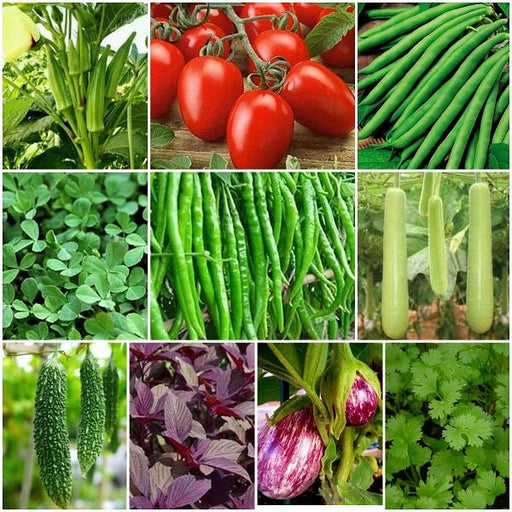
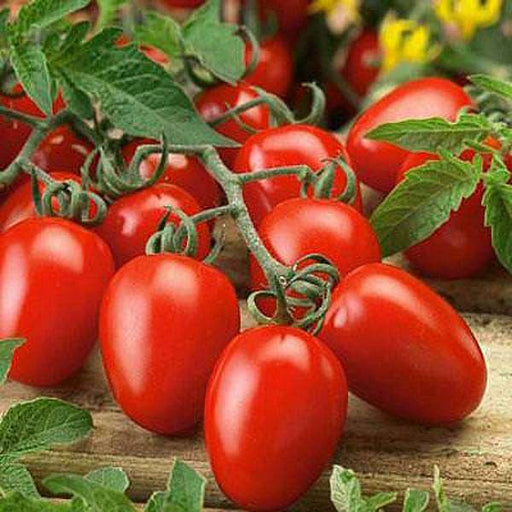 Save 64%
Original price ₹ 550Original price ₹ 550Original price ₹ 550Current price ₹ 199₹ 199Current price ₹ 199
Save 64%
Original price ₹ 550Original price ₹ 550Original price ₹ 550Current price ₹ 199₹ 199Current price ₹ 199Set of 10 Best Vegetable Seeds to Sow in Summer Season
Set of 10 Best Vegetable Seeds to Sow in Summer Season Transform your garden into a vibrant oasis with our 'Set of 10 Best Vegetable Seeds...
View full detailsOriginal price ₹ 550Original price ₹ 550Original price ₹ 550Current price ₹ 199₹ 199Current price ₹ 199Save 64% -
View all Collection
Related Collections
Best Sellers
-
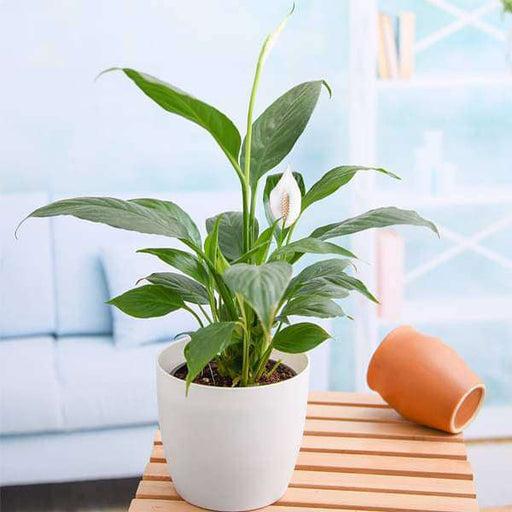
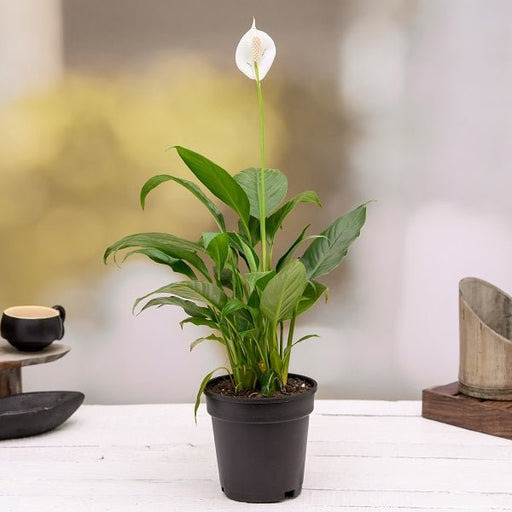 Save up to 15%
Original price ₹ 249Original price ₹ 249Original price ₹ 249₹ 199₹ 199Current price ₹ 199
Save up to 15%
Original price ₹ 249Original price ₹ 249Original price ₹ 249₹ 199₹ 199Current price ₹ 199Peace Lily, Spathiphyllum - Plant
Peace Lily, Spathiphyllum - Plant The Peace Lily, scientifically known as Spathiphyllum, is a stunning houseplant celebrated for its elegant white...
View full detailsOriginal price ₹ 249Original price ₹ 249Original price ₹ 249₹ 199₹ 199Current price ₹ 199Save up to 15% -

 Save 18%
Original price ₹ 439Original price ₹ 439Original price ₹ 439Current price ₹ 359₹ 359Current price ₹ 359
Save 18%
Original price ₹ 439Original price ₹ 439Original price ₹ 439Current price ₹ 359₹ 359Current price ₹ 359Parijat Tree, Parijatak, Night Flowering Jasmine - Plant
Combo Constituents Includes the Parijat Tree (Night-Flowering Jasmine), a culturally significant plant with fragrant flowers. Description The Pari...
View full detailsOriginal price ₹ 439Original price ₹ 439Original price ₹ 439Current price ₹ 359₹ 359Current price ₹ 359Save 18% -
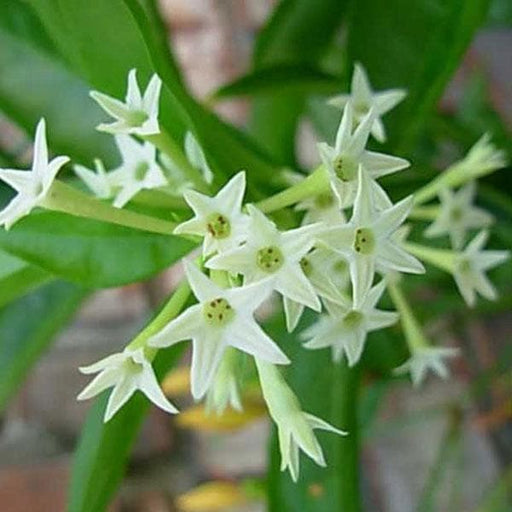
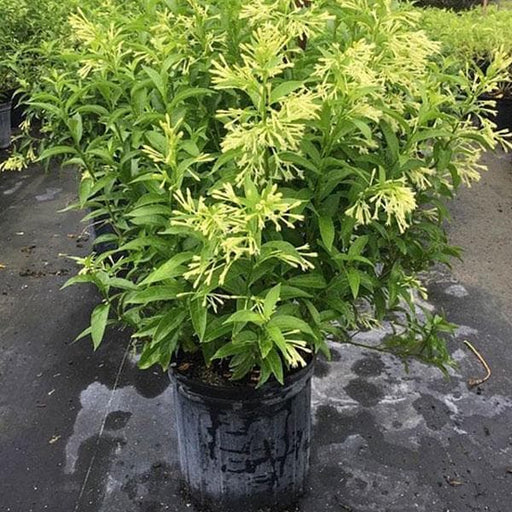 Save 25%
Original price ₹ 399Original price ₹ 399Original price ₹ 399Current price ₹ 299₹ 299Current price ₹ 299
Save 25%
Original price ₹ 399Original price ₹ 399Original price ₹ 399Current price ₹ 299₹ 299Current price ₹ 299Raat Ki Rani, Raat Rani, Night Blooming Jasmine - Plant
Description Raat Ki Rani (*Cestrum nocturnum*), also known as Night Blooming Jasmine, is a fragrant shrub native to the Caribbean and Central Ameri...
View full detailsOriginal price ₹ 399Original price ₹ 399Original price ₹ 399Current price ₹ 299₹ 299Current price ₹ 299Save 25% -

 Save 25%
Original price ₹ 399Original price ₹ 399Original price ₹ 399Current price ₹ 299₹ 299Current price ₹ 299
Save 25%
Original price ₹ 399Original price ₹ 399Original price ₹ 399Current price ₹ 299₹ 299Current price ₹ 299Jasminum sambac, Mogra, Arabian Jasmine - Plant
Jasminum sambac, Mogra, Arabian Jasmine - Plant Jasminum sambac, commonly known as Mogra or Arabian Jasmine, is a fragrant flowering plant...
View full detailsOriginal price ₹ 399Original price ₹ 399Original price ₹ 399Current price ₹ 299₹ 299Current price ₹ 299Save 25% -
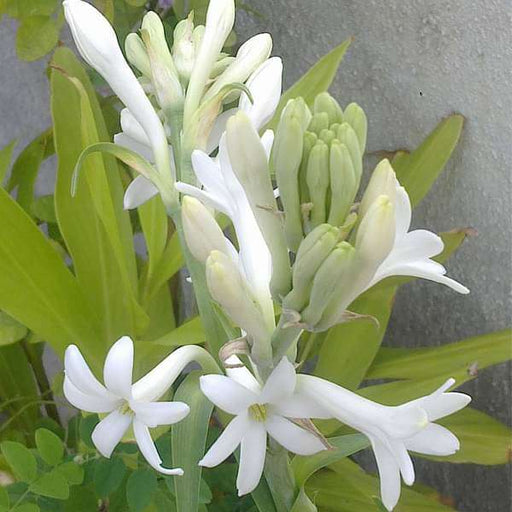
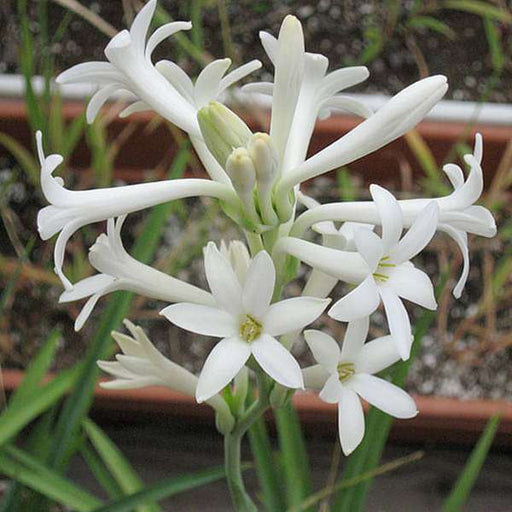 Save 17%
Original price ₹ 299Original price ₹ 299Original price ₹ 299Current price ₹ 249₹ 249Current price ₹ 249
Save 17%
Original price ₹ 299Original price ₹ 299Original price ₹ 299Current price ₹ 249₹ 249Current price ₹ 249Rajnigandha, Tuberose - Plant
Rajnigandha, Tuberose - Plant The Rajnigandha, scientifically known as Polianthes tuberosa, is a captivating perennial plant renowned for ...
View full detailsOriginal price ₹ 299Original price ₹ 299Original price ₹ 299Current price ₹ 249₹ 249Current price ₹ 249Save 17% -
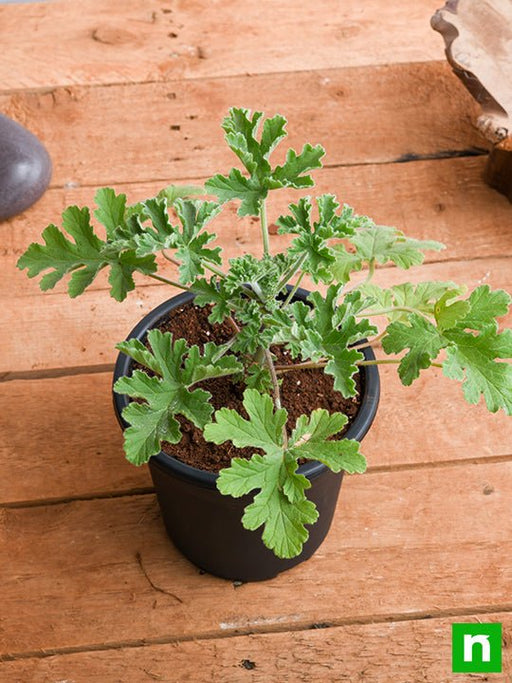
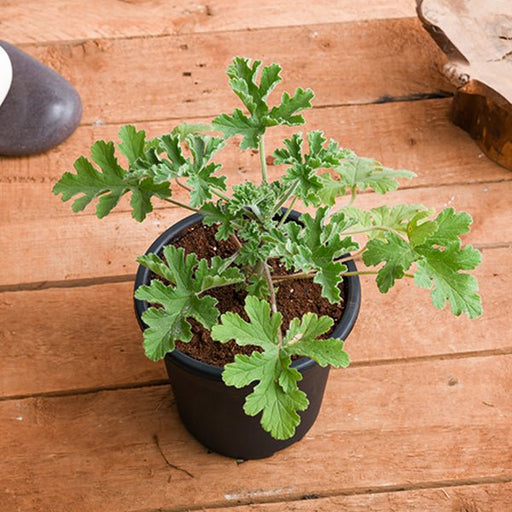 Sold out
Original price ₹ 298Original price ₹ 298Original price ₹ 298Current price ₹ 259₹ 259Current price ₹ 259
Sold out
Original price ₹ 298Original price ₹ 298Original price ₹ 298Current price ₹ 259₹ 259Current price ₹ 259Citronella, Odomas - Plant
Citronella, Odomas - Plant The Citronella plant, scientifically known as Cymbopogon nardus, is a tropical grass renowned for its aromatic ...
View full detailsOriginal price ₹ 298Original price ₹ 298Original price ₹ 298Current price ₹ 259₹ 259Current price ₹ 259Sold out -
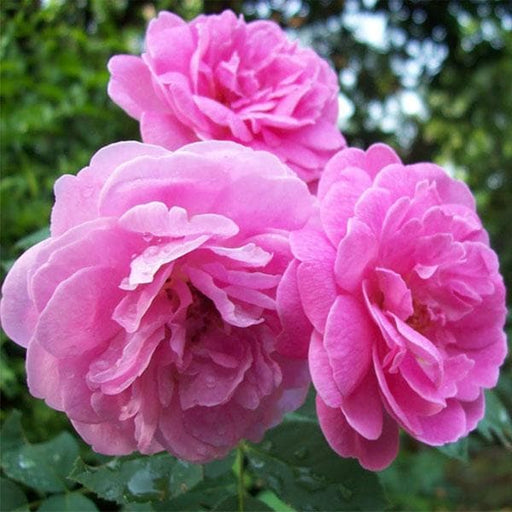 Save 25%
Original price ₹ 399Original price ₹ 399Original price ₹ 399Current price ₹ 299₹ 299Current price ₹ 299
Save 25%
Original price ₹ 399Original price ₹ 399Original price ₹ 399Current price ₹ 299₹ 299Current price ₹ 299Damascus Rose, Scented Rose (Any Color) - Plant
Damascus Rose, Scented Rose (Any Color) - Plant The Damascus Rose, also known as Rosa damascena, is a timeless symbol of beauty and romanc...
View full detailsOriginal price ₹ 399Original price ₹ 399Original price ₹ 399Current price ₹ 299₹ 299Current price ₹ 299Save 25% -
View all Collection
Save 50% with Packs
-

 Save 35%
Original price ₹ 1,739Original price ₹ 1,739Original price ₹ 1,739Current price ₹ 1,130₹ 1,130Current price ₹ 1,130
Save 35%
Original price ₹ 1,739Original price ₹ 1,739Original price ₹ 1,739Current price ₹ 1,130₹ 1,130Current price ₹ 1,130Best 6 Plants for Perfect Indoor Garden
Best 6 Plants for Perfect Indoor Garden Transform your living space into a lush oasis with our curated collection of the Best 6 Plants for a...
View full detailsOriginal price ₹ 1,739Original price ₹ 1,739Original price ₹ 1,739Current price ₹ 1,130₹ 1,130Current price ₹ 1,130Save 35% -

 Save up to 50%
Original price ₹ 829Original price ₹ 829Original price ₹ 829₹ 499₹ 499Current price ₹ 499
Save up to 50%
Original price ₹ 829Original price ₹ 829Original price ₹ 829₹ 499₹ 499Current price ₹ 499Mini Succulent Garden Pack
Mini Succulent Garden Pack Transform your space with our Mini Succulent Garden Pack, featuring a delightful collection of 4 any variety beautiful s...
View full detailsOriginal price ₹ 829Original price ₹ 829Original price ₹ 829₹ 499₹ 499Current price ₹ 499Save up to 50% -

 Save 30%
Original price ₹ 2,142Original price ₹ 2,142Original price ₹ 2,142Current price ₹ 1,499₹ 1,499Current price ₹ 1,499
Save 30%
Original price ₹ 2,142Original price ₹ 2,142Original price ₹ 2,142Current price ₹ 1,499₹ 1,499Current price ₹ 1,4995 Best Fragrant Plants
5 Best Fragrant Plants Transform your garden or indoor space into a fragrant paradise with our curated selection of the 5 Best Fragrant Plants. Th...
View full detailsOriginal price ₹ 2,142Original price ₹ 2,142Original price ₹ 2,142Current price ₹ 1,499₹ 1,499Current price ₹ 1,499Save 30% -

 Save 24%
Original price ₹ 998Original price ₹ 998Original price ₹ 998Current price ₹ 759₹ 759Current price ₹ 759
Save 24%
Original price ₹ 998Original price ₹ 998Original price ₹ 998Current price ₹ 759₹ 759Current price ₹ 759Set of 2 Bonsai Looking Grafted Adeniums
Set of 2 Bonsai Looking Grafted Adeniums Transform your indoor or outdoor space with our exquisite Set of 2 Bonsai Looking Grafted Adenium...
View full detailsOriginal price ₹ 998Original price ₹ 998Original price ₹ 998Current price ₹ 759₹ 759Current price ₹ 759Save 24% -
 Save 45%
Original price ₹ 1,014Original price ₹ 1,014Original price ₹ 1,014Current price ₹ 559₹ 559Current price ₹ 559
Save 45%
Original price ₹ 1,014Original price ₹ 1,014Original price ₹ 1,014Current price ₹ 559₹ 559Current price ₹ 559Top 4 Die Hard Succulents Pack
Top 4 Die Hard Succulents Pack Transform your indoor or outdoor space with our Top 4 Die Hard Succulents Pack, featuring a curated selecti...
View full detailsOriginal price ₹ 1,014Original price ₹ 1,014Original price ₹ 1,014Current price ₹ 559₹ 559Current price ₹ 559Save 45% -

 Save 30%
Original price ₹ 1,905Original price ₹ 1,905Original price ₹ 1,905Current price ₹ 1,334₹ 1,334Current price ₹ 1,334
Save 30%
Original price ₹ 1,905Original price ₹ 1,905Original price ₹ 1,905Current price ₹ 1,334₹ 1,334Current price ₹ 1,3345 Best Indoor Plants Pack
5 Best Indoor Plants Pack Transform your living space into a lush oasis with our '5 Best Indoor Plants Pack.' This carefully curated collection fe...
View full detailsOriginal price ₹ 1,905Original price ₹ 1,905Original price ₹ 1,905Current price ₹ 1,334₹ 1,334Current price ₹ 1,334Save 30% -

 Save 25%
Original price ₹ 1,296Original price ₹ 1,296Original price ₹ 1,296Current price ₹ 972₹ 972Current price ₹ 972
Save 25%
Original price ₹ 1,296Original price ₹ 1,296Original price ₹ 1,296Current price ₹ 972₹ 972Current price ₹ 972Set of 4 Evergreen Air Purifier Plant Pack
Set of 4 Evergreen Air Purifier Plant Pack Transform your indoor space into a lush, green oasis with our Set of 4 Evergreen Air Purifier Pla...
View full detailsOriginal price ₹ 1,296Original price ₹ 1,296Original price ₹ 1,296Current price ₹ 972₹ 972Current price ₹ 972Save 25% -
View all Collection


























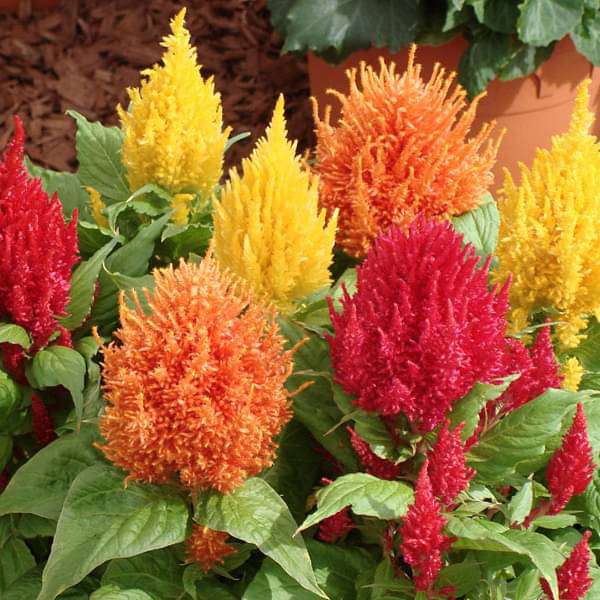
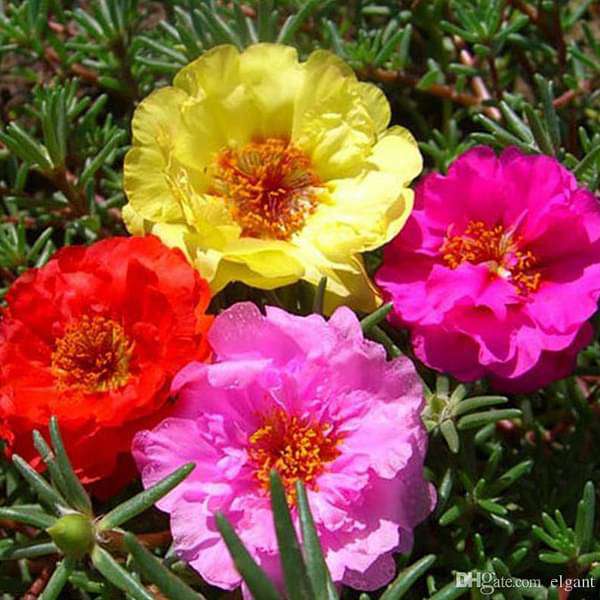




































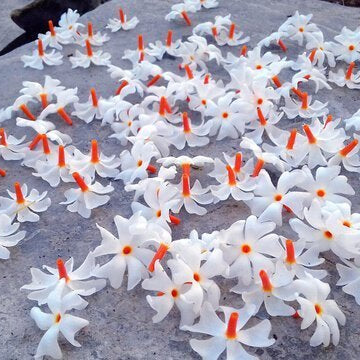
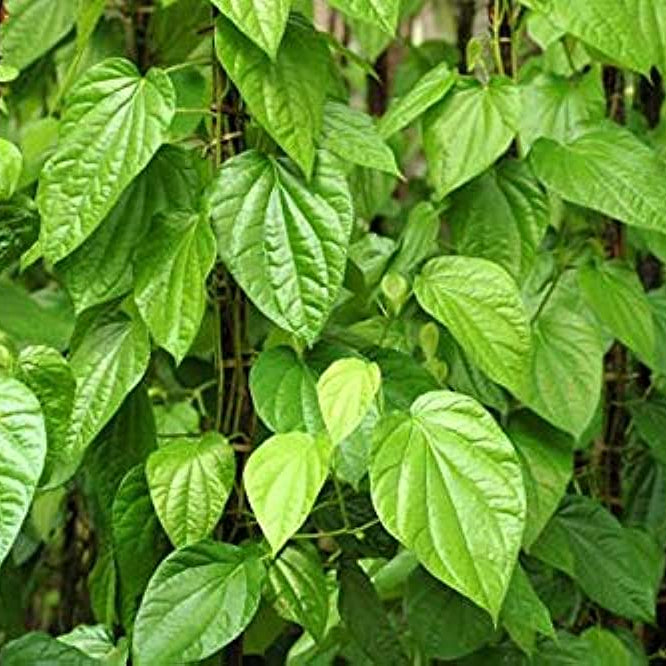








Comments
Leave a comment